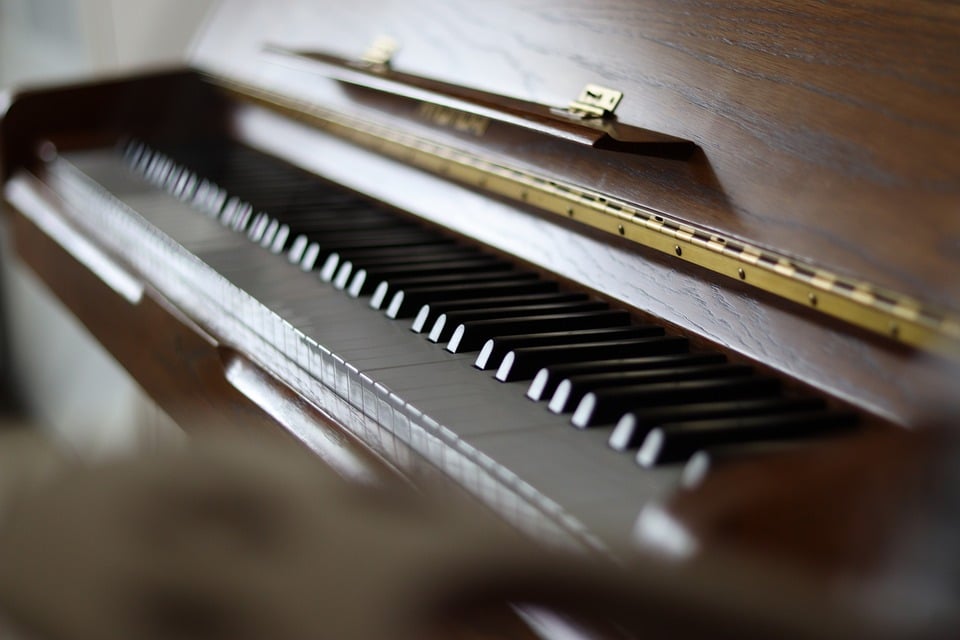Introduction
The Martin D-18 is a legendary acoustic guitar that has captured the hearts of musicians for decades. Known for its rich tone and exceptional craftsmanship, it stands out in a crowded market of acoustic guitars. This article explores the unique features, tonal qualities, and historical significance of the Martin D-18, shedding light on why it remains a favorite among players worldwide.
Historical Significance
The Martin D-18 has a storied history that dates back to the 1930s. Founded by Christian Frederick Martin in 1833, the Martin Guitar Company has been at the forefront of acoustic guitar innovation. The D-18 model was introduced in 1931 and quickly gained popularity due to its affordability and superb sound quality.
Throughout the years, the D-18 has been played by numerous legendary musicians, including Elvis Presley, Johnny Cash, and Neil Young. Its presence in the folk, country, and rock genres has cemented its status as an iconic instrument. The guitar’s history is not just about its design; it represents a legacy of musical expression and creativity.
Construction and Design
The construction and design of the Martin D-18 contribute significantly to its standout qualities. The body is made from solid Sitka spruce for the top and mahogany for the back and sides. This combination not only enhances the guitar’s aesthetic appeal but also plays a crucial role in its tonal characteristics.
The D-18 features a dreadnought body shape, which provides a deep and resonant sound. The larger body size allows for increased volume and projection, making it ideal for both solo performances and accompaniment. Additionally, the guitar’s neck is crafted from mahogany and features a rosewood fingerboard, ensuring smooth playability and comfort for the guitarist.
Tonal Qualities
The tonal quality of the Martin D-18 is one of its most remarkable features. The combination of solid Sitka spruce and mahogany produces a warm, balanced sound that is rich in overtones. The guitar’s bass response is strong, while the mids and highs remain clear and articulate, making it suitable for a variety of musical styles.
Many musicians appreciate the D-18 for its ability to deliver a powerful sound without being overly bright. This makes it a versatile instrument that can be used for fingerpicking, strumming, and flatpicking. Whether you’re playing folk melodies or intricate fingerstyle pieces, the D-18 responds beautifully, allowing the player’s nuances to shine through.
Playability
Playability is a crucial factor for any guitarist, and the Martin D-18 excels in this regard. The neck’s comfortable profile and smooth finish make it easy to navigate across the fretboard. The action can be adjusted to suit individual preferences, allowing players to find their ideal setup.
Moreover, the guitar’s lightweight design contributes to its overall comfort. Whether standing or sitting, players can easily hold and play the D-18 for extended periods without experiencing fatigue. This balance of comfort and performance is one of the reasons why many musicians choose the Martin D-18 as their go-to instrument.
Versatility
The Martin D-18’s versatility is another aspect that sets it apart from other acoustic guitars. It is well-suited for various genres, including folk, blues, country, and rock. The guitar’s tonal range allows it to adapt to different playing styles and techniques, making it a favorite among diverse musicians.
From strumming chords to intricate fingerpicking, the D-18 handles it all with grace. Its ability to blend well in both solo performances and band settings makes it an invaluable addition to any guitarist’s collection. Whether you’re a seasoned performer or a casual player, the D-18 can meet your musical needs.
Value for Money
When considering an acoustic guitar, value for money is often a significant concern. While the Martin D-18 is priced higher than many entry-level guitars, it offers exceptional quality and longevity. The craftsmanship and materials used in its construction ensure that it will last for years, making it a worthwhile investment.
Moreover, the D-18’s resale value remains high due to its reputation and demand in the market. Musicians who purchase a Martin D-18 can feel confident that they are acquiring an instrument that not only delivers in performance but also maintains its worth over time.
Celebrity Endorsements
The Martin D-18 has been endorsed by numerous renowned musicians, further solidifying its reputation. Artists like Eric Clapton, Johnny Cash, and Bob Dylan have all played the D-18, showcasing its versatility and exceptional sound quality. Their use of this guitar in iconic recordings and performances has contributed to its status as a legendary instrument.
These endorsements have not only elevated the D-18’s profile but have also inspired countless aspiring musicians to seek out this particular model. The connection between legendary artists and the Martin D-18 adds to its allure and cements its place in music history.
Maintenance and Care
Like any fine instrument, the Martin D-18 requires proper maintenance and care to ensure its longevity. Regular cleaning and string changes are essential to keep the guitar in optimal condition. Using high-quality strings suited for the D-18 can enhance its sound and playability.
Additionally, storing the guitar in a suitable environment is crucial. Extreme temperatures and humidity can damage the wood, so it’s best to keep the guitar in a climate-controlled space. For those who take care of their Martin D-18, the reward is a beautiful instrument that sounds better with age.
Custom Options
For players looking for a unique touch, Martin offers several custom options for the D-18. These can range from personalized inlays to different wood choices for the back and sides. Customization allows musicians to create an instrument that reflects their personal style and preferences.
Many players appreciate the opportunity to tailor their guitars to their specific needs. This level of customization is not commonly found in many other brands, making the Martin D-18 even more special for those who choose to invest in a personalized model.
Conclusion
The Martin D-18 stands out among acoustic guitars for numerous reasons, including its rich history, exceptional tonal qualities, and versatile playability. Its construction, design, and the ability to adapt to various musical styles make it a favorite among musicians of all levels. While it may come with a higher price tag, the value it offers in terms of quality and longevity is undeniable. For anyone serious about their music, the Martin D-18 is more than just a guitar; it’s a lifelong companion on their musical journey.
FAQs
1. What is the price range of the Martin D-18?
The price of the Martin D-18 typically ranges from $2,500 to $3,000, depending on the retailer and any custom options chosen. While it is a premium instrument, many musicians consider it a worthwhile investment due to its quality and longevity.
2. How does the Martin D-18 compare to other models in the Martin range?
Compared to other Martin models, the D-18 is known for its warm sound and balanced tonal qualities. It sits between the D-28, which has a more pronounced bass response, and the D-15, which offers a more affordable option. Each model has its unique characteristics, catering to different player preferences.
3. Can the Martin D-18 be used for live performances?
Absolutely! The Martin D-18 is an excellent choice for live performances due to its volume and projection. Many musicians use it on stage, and its versatility allows it to shine in various musical styles, from solo acoustic sets to full band performances.
4. How often should I change the strings on my Martin D-18?
It’s generally recommended to change the strings on your Martin D-18 every 1-2 weeks, depending on how often you play. Regular string changes help maintain the guitar’s sound quality and playability, ensuring you get the best performance from your instrument.
5. What types of music is the Martin D-18 best suited for?
The Martin D-18 is incredibly versatile and is well-suited for various genres, including folk, country, blues, and rock. Its warm tone and balanced sound make it adaptable to different playing styles, allowing musicians to explore a wide range of musical expressions.


